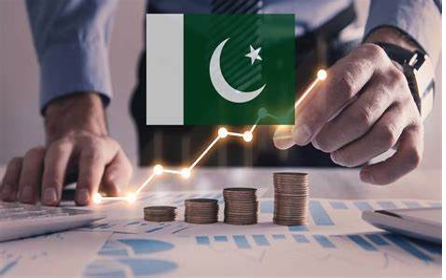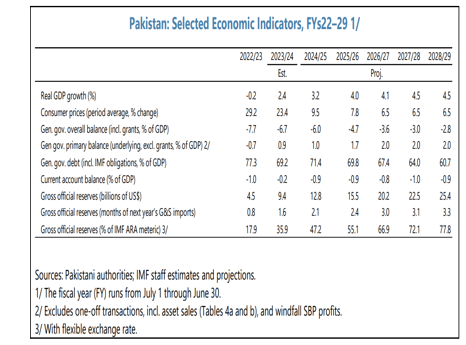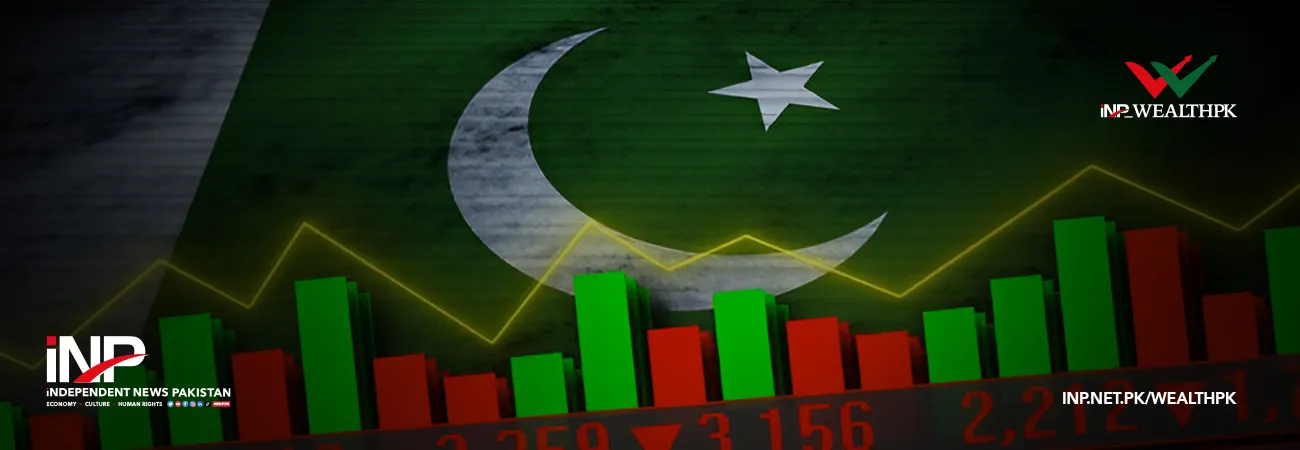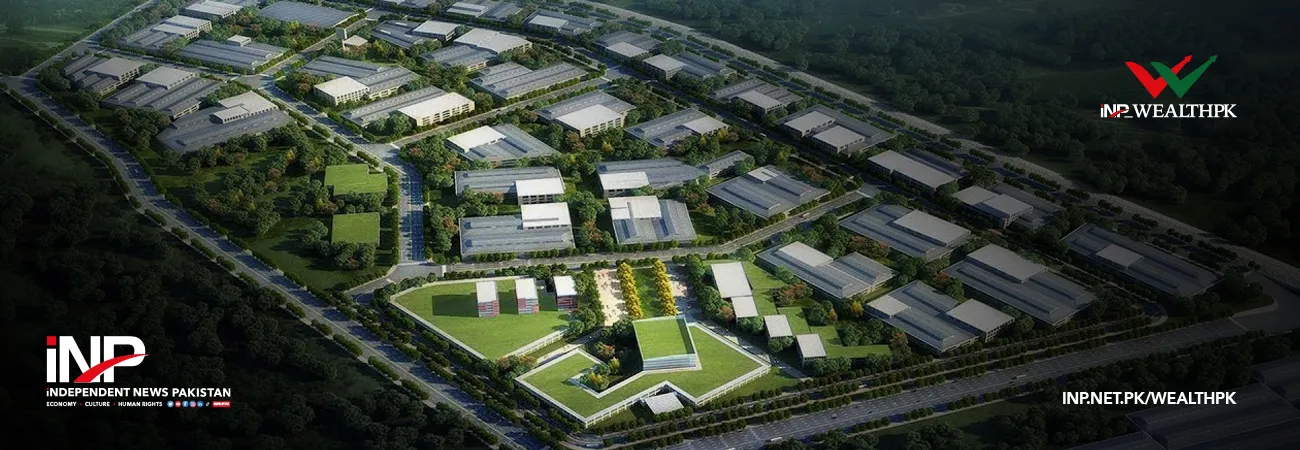INP-WealthPk
Moaaz Manzoor
Pakistan’s economy is poised for a potential turnaround, with promising projections from the IMF Staff Report indicating growth and opportunities for recovery, reports WealthPK.

As the country emerges from economic distress, the IMF forecasts a steady GDP growth, improved inflation control, and expanded investments, outlining a path toward long-term stability. The Fund projects a 2.4% GDP growth in 2023-24 to 4% by 2025-26. This forecast indicates a renewed confidence in the country's economic potential, driven by reforms and fiscal policies implemented under the Extended Fund Facility (EFF).

Source:https://www.imf.org/en/Publications/CR/Issues/2024/10/10/Pakistan-2024-Article-IV-Consultation-and-Request-for-an-Extended-Arrangement-under-the-556152 Investment, a critical growth driver, is projected to increase from 13.1% of GDP in 2023-24 to 15.1% by 2025-26, signaling market opportunities for domestic and foreign investors. The IMF's optimism indicates Pakistan's capacity to attract capital and reduce economic uncertainty, particularly if the structural reforms are successfully executed. Inflation, one of the country's most pressing concerns, is expected to decline significantly. The IMF forecasts that inflation will decrease to 9.5% in 2024-25 and further drop to 7.8% by 2025-26. This decline is anticipated as government borrowing decreases and the supply of essential goods stabilizes.
Lower inflation will help restore the purchasing power and create a more favorable environment for both businesses and consumers, paving the way for a more resilient economy. A major point of alignment between the IMF and other economic analyses is the expected improvement in Pakistan’s current account balance. Both the IMF and other global institutions forecast that Pakistan’s current account deficit will stay below 1% of GDP in the near future, indicating a positive sign for external stability. This forecast presents a key opportunity for the country to focus on export growth and foreign exchange management, which will be crucial to sustaining the projected economic recovery. One of the significant challenges facing Pakistan is its fiscal deficit. The IMF projects a reduction in this deficit, estimating it to decrease from 6.7% of GDP in 2023-24 to 4.7% by 2025-26. However, this improvement is dependent on substantial increases in tax revenues.
If Pakistan can successfully implement tax reforms and broaden its revenue base, it could represent a significant advancement in fiscal management. Achieving these ambitious targets will require both political will and effective governance. Despite facing challenges, the overall outlook is positive. By implementing prudent policies and concentrating on sectors such as energy, agriculture, and taxation, Pakistan can capitalize on market opportunities and enhance its economic stability. While the IMF’s projections may appear ambitious, they provide a framework for growth that, if pursued, could lead to a brighter economic future. With a commitment to reform and stability, Pakistan is poised to make significant progress in the coming years.
Credit: INP-WealthPk













